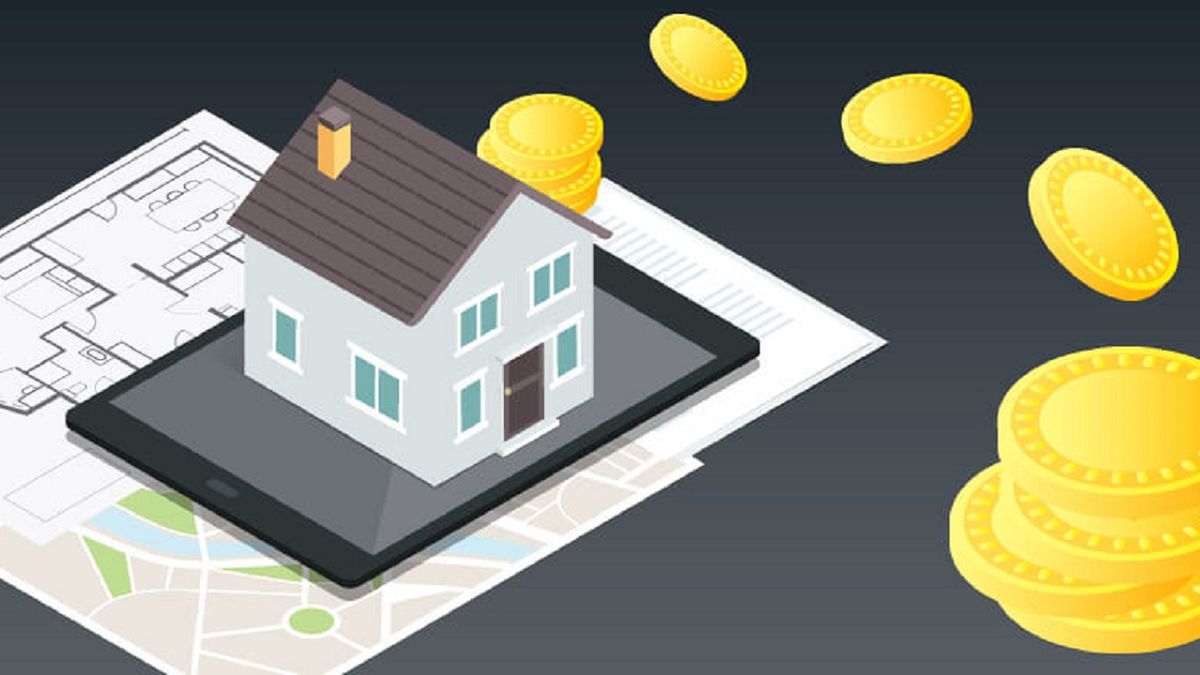The Utility tokens they are used to raise capital in a project and give a share in future sell-offs. Then there are the Security tokens that are linked to financial securities, such as the traditional shares of a company. And finally the Equity tokens that are backed by a traditional asset, be it shares of a company or real estate.
“More than a trend in the financial market, the tokenization of real assets is the result of the current maturity of the innovation ecosystem and the development of the most advanced technologies. The basis of this concept is based on a series of factors, such as a market mentality focused on collaboration, the decentralization of information and the elimination of intermediaries in a secure and transparent way,” Rodrigo Di Paula Ambrisi told Cointelegraph.
Agro Tokenization
Agrotoken is the first global agrocommodity tokenization infrastructure. Agro tokens are grain-backed, tradable digital assets. Thus, for every ton of grains that are converted into digital assets or tokens, there is a ton of grains delivered to a collection that supports and certifies it. After this process, the producer will have SOYA, CORA or WHEA tokens (soy, corn and wheat, respectively).
The company recently presented the Agrotoken Visa card for the agricultural sector. In addition, they launched the Agrotoken App that works as a virtual wallet to operate with digitized grains at any time. Hereinafter, Producers will have their harvest digitized in the Agrotoken App and will be able to use it as a means of payment in more than 80 million businesses that accept Visa.
The Agrotoken application is enabled on IOS and Android. From the Home of the App, you can view the balance of the tokens, the movements and the profile. In the Cards section, it includes the possibility of requesting the virtual card. The Agrotoken App works on the Algorand network that uses a consensus algorithm called Pure Proof of Stake (PPoS), since it does not involve mining, it becomes an ecological infrastructure.
Real estate tokenization
Investing in real estate is one of the most classic and effective options, but it becomes very expensive. The tokenization of real estate came to massify this type of investment. As in the crypto world, they are made through the blockchain, and are decentralized. The variant they grant is that they precisely allow a real estate project to be divided into parts and generate accessible assets at a lower value.
An example of this type of project is Wbuild, a proptech in which you can invest from US$50 in real estate in different parts of the world. As reported by the company, all due diligence is carried out by the platform, so investors only have to complete their data, define the investment amount and thus acquire the tokens from which they will later obtain their participation in the profitability.
“Wbuild was born with the aim that people can access the best real estate investment opportunities in the world, starting with the US, with low tickets to become owners of a percentage of the property. We divide and digitize a property in the number of m2 it has. Thus, people can acquire the desired square meters from US$50 from our platform”, explained Daniel Pardo, CEO of Wbuild.
Tokenization in football clubs
For some time now, Fan Tokens have become popular. These assets allow users to participate in votes to influence or decide the course of action in events or activities of different football clubs through surveys, as well as obtain rewards and VIP experiences, access games and competitions and win exclusive prizes.
Bybit, for example, recently announced the launch of seven European football club Fan Tokens: $PSG (Paris Saint-Germain), $BAR (Barcelona), $JUV (Juventus), $MCA (AC Milan), $BREAK (Inter-Milan), $AFC (Arsenal) and $CITY (Manchester City).
Ben Zhou, Co-Founder and CEO of Bybit, said “Fan Tokens are another addition to a long list of competitive events and sponsorships we’ve hosted, including our Trading World Series and continued partnership with the Oracle Red Bull Racing Formula 1 Team. We are always proud to help passionate fans connect with their sports teams and idols.”
Tokenization of fiat currencies
The crypto world also got into the issuance of fiat currencies. A) Yes, CBDCs are the digital currencies of Central Banks. Simply put, cryptocurrencies are private money, while CBDCs are a government-backed form of money. At the same time, CBDCs use a different type of blockchain than cryptocurrencies. This is called in English Private permissioned Blockchain: a book that is not publicly accessible and can only be seen by users with special permissions.
Ulises Alzogaray, Country Manager of Bitwage Argentina explained: “Although the idea of central bank digital currencies is inspired by cryptocurrencies and blockchain technology, CBDCs are not strictly speaking cryptocurrencies. CBDCs are controlled by a central entity, while cryptocurrencies are almost always decentralizedwhich means that they cannot be regulated by a single entity”.
Eduardo Erlo, Marketing Director of Status.im, a company that develops public goods for the web3, commented: “I think that governments are finally beginning to understand the advantages of Blockchain technology and are trying to evolve the way they manage money. , in order to reduce money laundering and have even more control over the currency. But there is also a risk of excessive surveillance by governments and central banks if CBDCs are applied.“.
Source: Ambito
David William is a talented author who has made a name for himself in the world of writing. He is a professional author who writes on a wide range of topics, from general interest to opinion news. David is currently working as a writer at 24 hours worlds where he brings his unique perspective and in-depth research to his articles, making them both informative and engaging.




